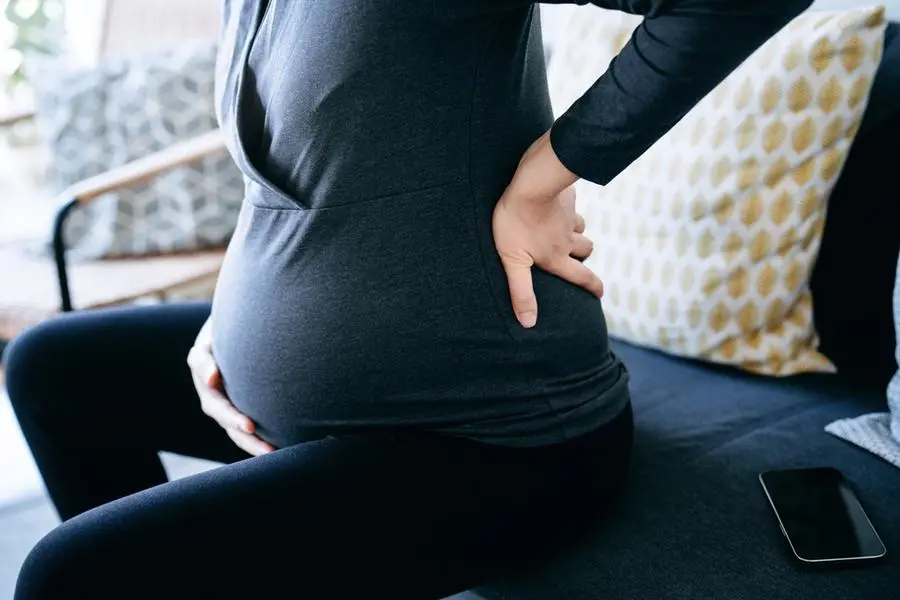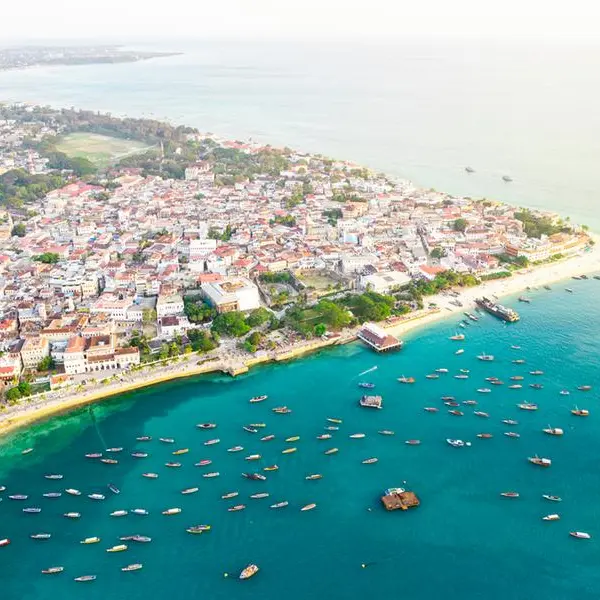PHOTO
Painful gallstones are common during pregnancy with at least eight per cent of pregnant women in the UAE developing new gallstones by the third trimester, said doctors.
When gallstones cause inflammation in the gallbladder, it is referred to as 'cholecystitis'. The symptoms can worsen, accompanied by fever, nausea, and vomiting, in addition to the pain.
Silent stones
Dr Amal Hassan Abddelaziz, consultant and head of obstetrics and gynecology, Thumbay University Hospital, Ajman, said, “In the UAE, gallstones are relatively common, especially among pregnant women. Around eight per cent of pregnant women develop new gallstones by the third trimester, but only about one per cent experience symptoms."
"Among those who do have symptoms, fewer than 10 per cent face complications. Symptoms of gallstones can vary widely. Some women may have ‘silent stones’, which are discovered incidentally without causing any noticeable symptoms. Others may experience varying degrees of pain.”
Medics explained that gallstones are hardened deposits of digestive fluid that forms in a person’s gall bladder.
Dr Janani Manoharan, Specialist Obstetrics and Gynecology, Zulekha Hospital, Dubai said: “The gallbladder is a small organ located just below the liver and it holds the digestive fluid called bile, which is released into the small intestine at the time of food intake. Normally, the bile can dissolve the amount of cholesterol the liver excretes, but if the liver produces more cholesterol than the bile can dissolve, the excess cholesterol precipitates as crystals.”
She added, “These crystals get trapped in the gall bladder and with time they grow into gall stones. Rarely, gallstones may be formed due to some defect in the haemoglobin in an individual’s blood.”
Contributing factors
Manoharan highlighted several factors contributing to the formation of gallstones. She said that these factors were “obesity (high cholesterol), age, gender (as gall stones are more common in women due to the hormones oestrogen and progesterone), pregnancy, genetics, and certain medications.”
Healthcare professionals stressed that the pain can be severe, emerging suddenly, increasing, and frequently spreading to the back.
“Patients generally present with pain in the right upper abdomen. In severe cases, the pain may radiate to the back and shoulder area. Gallstones can cause severe pain, vomiting, fever, yellowish discolouration of the skin, and in rare instances it could lead to pre-term labour as well,” said Dr Jessica Celina Fernandes, Specialist Obstetrics and Gynaecology, Aster Hospital, Sharjah.
Should not be confused with morning sickness
Doctors highlighted that one of the problems in detecting the beginning of gallbladder disease during pregnancy is that the symptoms may be confused with morning sickness.
They emphasised that if pregnant women experience gallbladder issues, adjusting their diet and maintaining a regular exercise regimen could offer some relief, with medication or surgery serving as potential solutions if needed.
Notably, medics reiterate that surgical removal of gallstones during pregnancy is generally safe.
Dr Dani Hanna, HOD and Consultant Obstetrics and Gynecology, Canadian Specialist Hospital, Dubai said, “If the inflammation is severe, or if there's an infection, an operation may be necessary to remove your gallbladder and prevent more serious complications."
"If you need your gallbladder removed (a surgery called cholecystectomy) it will probably be done laparoscopically. Through this, the gallbladder can then be removed without having to create a large incision. This means less pain and an easier recovery.”
Symptoms can emerge post-pregnancy
However, doctors caution patients with gallbladder disease history to watch out for symptoms post-pregnancy as well.
“It's not uncommon for gallbladder disease symptoms to appear two to four months after delivery. This may be because pregnancy hormones aggravated the problem during the preceding nine months, and it takes a while for things to go back to normal," said Dr Hanna.
"Changes in your hormone levels after delivery may also be the culprit. Gallbladder problems may also result from rapid weight loss after delivery. When you burn fat quickly, extra cholesterol accumulates in the bile, which can also lead to gallstones,” Dr Hanna added.
Copyright © 2022 Khaleej Times. All Rights Reserved. Provided by SyndiGate Media Inc. (Syndigate.info).




















